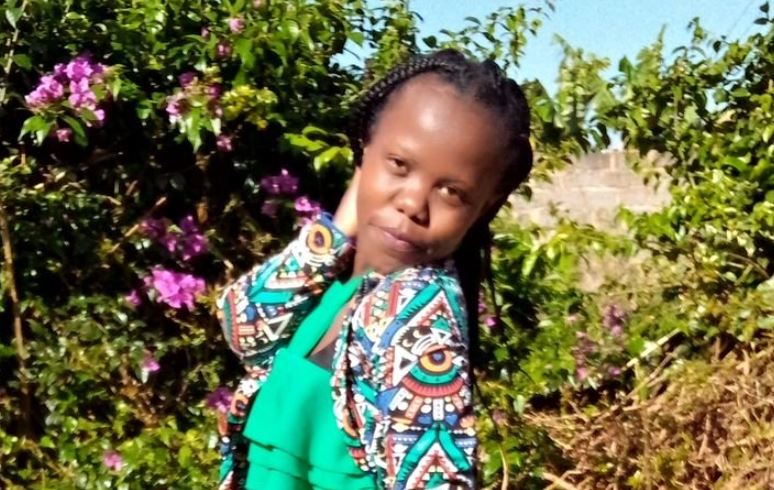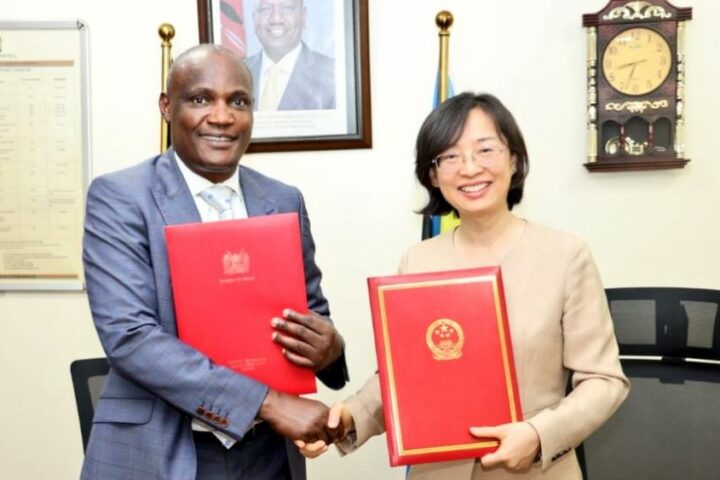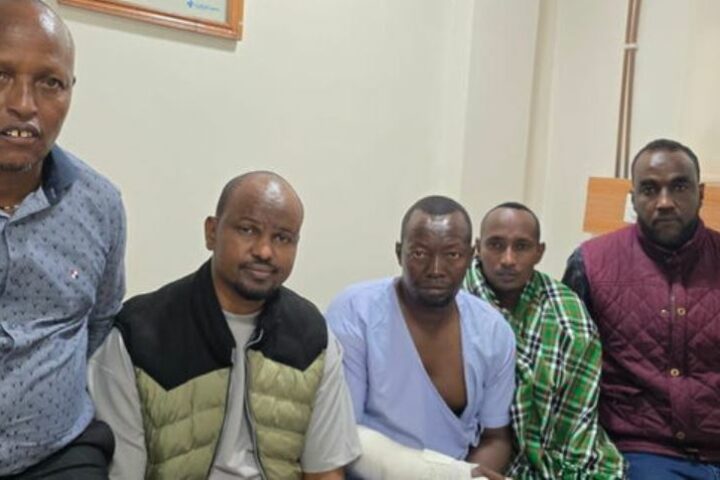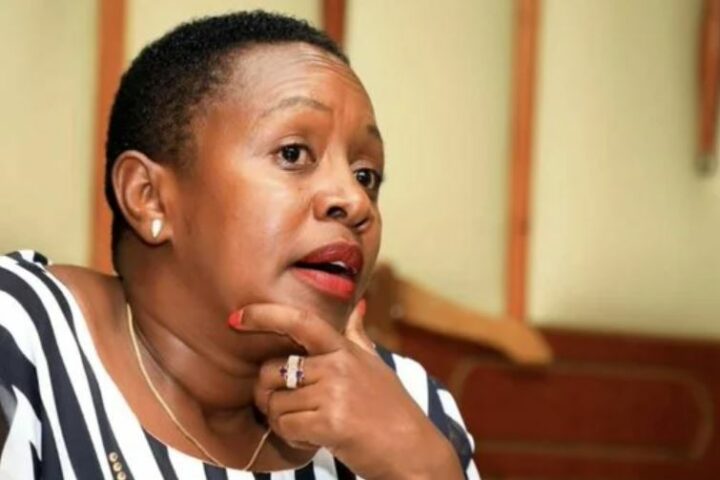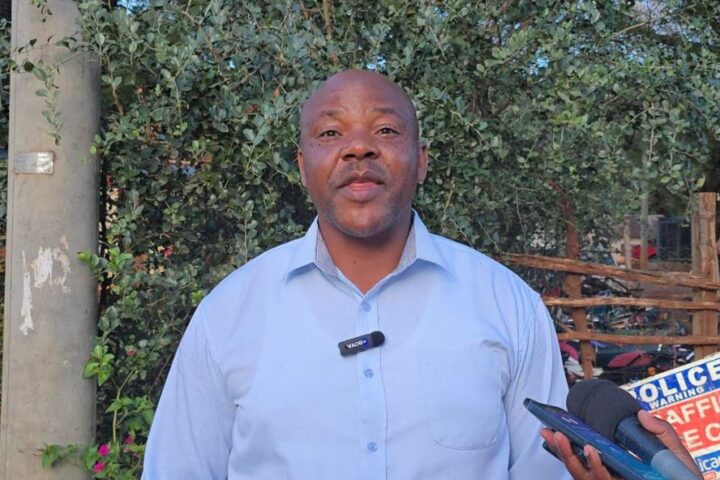 Dr Margaret Kagwe is an educator, research consultant and mental health specialist. For the last eight years, she has volunteered in many forums to educate the public about mental health.
Dr Margaret Kagwe is an educator, research consultant and mental health specialist. For the last eight years, she has volunteered in many forums to educate the public about mental health.
Dr Kagwe also founded the Mental Health Championship programme in 2020 and generated a unique curriculum to empower trainees and give them skills to enable them to identify and support those in mental distress.
She has also authored a book, The Mental Health Champion.
What inspired the conception of the Mental Health Championship Initiative and when did it happen?
The initiative was officially started in July 2021. After Covid-19 triggered the ‘stay at home’ directive from the government, I was invited to speak in many online forums about the psychological effects of the pandemic.
Questions asked during these forums made it clear that people generally lacked basic mental health facts and all behaviour that deviates from the norm is either criminalised or demonised. In some forums, participants were clearly uncomfortable with sharing their experiences and efforts to make sense of their questions often hit a brick wall.
From my professional experience and knowledge, there is need for training of basic psychological knowledge and skills to expand problem solving options when faced with adversity, situational stress or ordinary life problems. The desire to provide an avenue for such empowerment is what led to the formation of Mental Health Championship Initiative, Kenya.
What were the initial goals of the initiative? Have they changed? If so, to what?
The goal of the initiative was preventive approach to mental health and this involved empowering individuals with relevant knowledge, skills and attitudes to be able to take care of their own mental health and also become sensitive to the mental health needs of others. This is the same goal that the initiative pursues to-date.
Tell us more about the training
It’s a 10-week online training programme. The classes are held once a week for two hours and trainees are given practical challenges or assignments to research on during the week.
One of the key factors of the training is five sessions of personal therapy that is meant to help the champion become self-aware for purposes of self-management and readiness to help others.
What has been the reception and feedback from past graduands so far?
The most humbling feedback I have received from a champion was, ‘You have saved my life.’ I did not imagine that the lives I would help preserve were those of the champions who were meant to look out for others. During the last class of sharing experiences after every cohort, trainees openly share what the classes and therapies have done for them and their loved ones and even the work space. It is usually an emotional moment.
I have also received feedback from relatives of champions who express their interest in the programme based on the transformation of the trained champions. As a result of the impact of the programme, most of our trainees are referrals. I have seen employers attend our graduation ceremonies in support of their employees in the programme and for me that is a good sign and hope for the future.
Among the trainees are professionals like medical doctors, pharmacists, lawyers, nurses, journalists, teachers and social workers. We have trained champions from Uganda, Ethiopia, Nigeria, South Africa, United States and Somalia.
What challenges have you faced?
We have faced a few challenges while facilitating the programme. Since our vision is to have a champion in every home, institution and organisation, we enrol all those who express interest even if they may not afford to get internet access, pay for the subsidised therapy sessions or even for their certificates. We have managed to ensure that nobody drops out due to financial challenges and we do this by asking the trainees to adopt a champion who is unable to pay for their therapy.
Another challenge is graduation hosting, which requires a physical location and issuance of certificates. Financing the budget has been difficult. We have found ourselves paying the deficits from our own pockets and that has been tough.
Any sponsors on board so far?
No, the initiative does not have any sponsors yet. However, those who appreciate the positive impact of the programme have formed a group called Friends of MHC and they have helped in sponsoring some of the trainees and programme activities. Special thanks go to Dr Beatrice Kathungu and a number of Kenyatta University psychology department lecturers for supporting the programme. We also appreciate other therapists who have offered pro-bono services to the champions.
Where do you see the initiative in the next five years?
Based on the current trend, we will have many trainers and even physical locations to help us deal with the alarming suicide rates, depression and stress in general.
Mental Health Championship skills will be a requirement in organisations and institutions. Therefore, the possibility of the programme being main-streamed in schools and colleges is high. This is to ensure that learners are equipped with skills for holistic personal wellness and societal wellness.
Courtesy: Life & Style.

